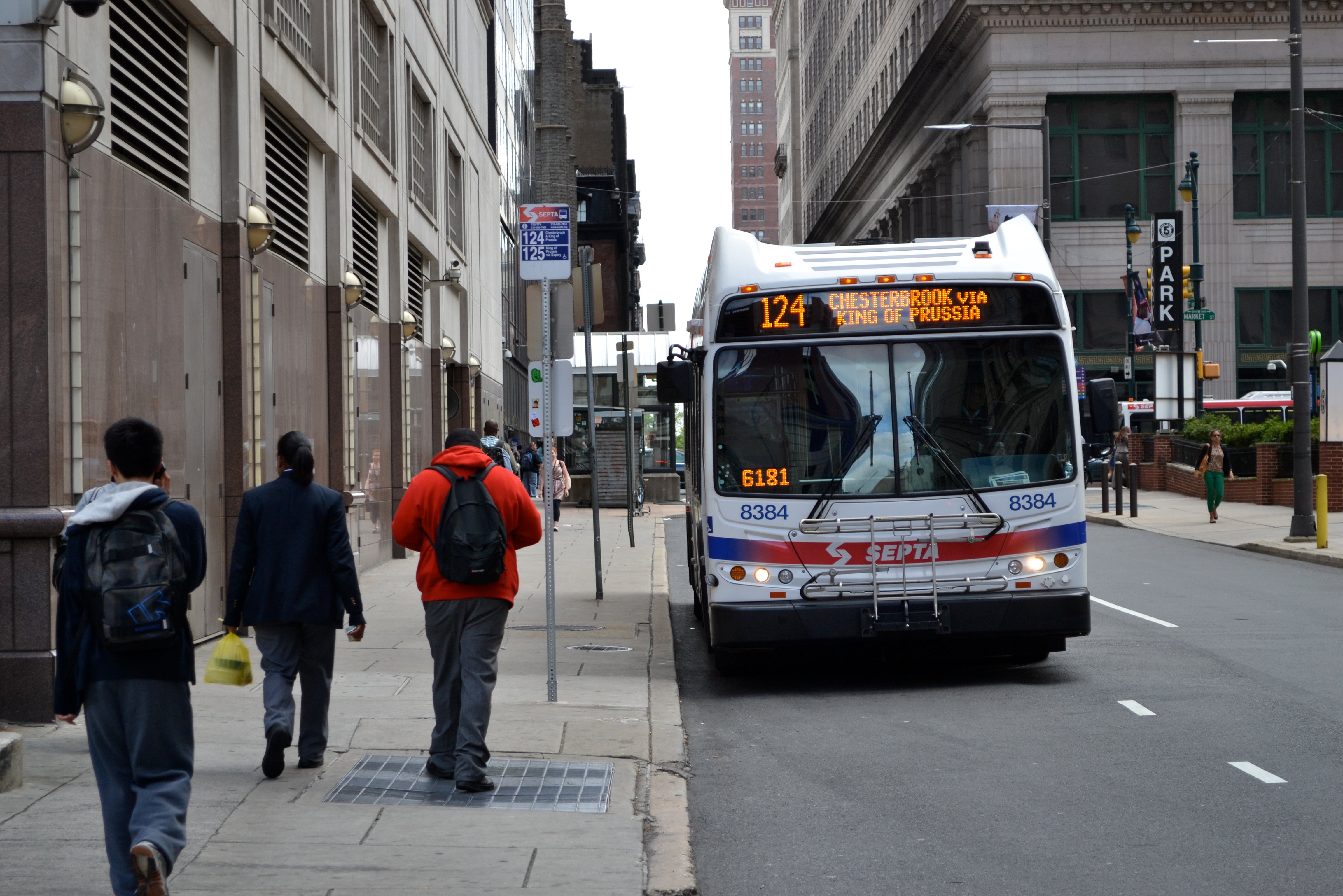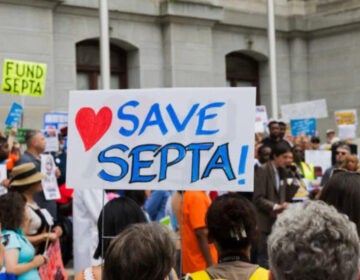SEPTA has smooth ride through City Council budget hearings

The distance between Philadelphia City Hall and SEPTA’s Headquarters is barely a city block, which may help explain the downright neighborly goodwill during Monday’s City Council hearings on SEPTA’s budget.
SEPTA gets the vast majority of its budget through the Commonwealth and farebox revenues, but the counties contribute a sizable chunk. For the coming fiscal year, SEPTA has asked Philadelphia for $82.7 million, or about 6 percent of its operating budget. The authority expects $705 million from the state and another $17.5 million from the four Philadelphia suburban counties where it operates in Pennsylvania.
SEPTA also asked the city for $4.5 million in capital funds to help satisfy local matching fund requirements in its $682 million budget.
In his written remarks, SEPTA General Manager Jeff Knueppel noted that SEPTA has invested $3.26 billion, of which $1.25 billion went to Philadelphia-based businesses.
Council President Darrell Clarke urged SEPTA to do more to help low income reverse commuters—city residents that rely on SEPTA buses to make it to jobs out in the suburbs. Fourth District Councilman Curtis Jones echoed Clarke’s concern. Suburban transit is generally more difficult to operate, as jobs tend to be more diffusely located. SEPTA runs six bus routes to the King of Prussia mall and is currently studying a potential extension of the Norristown High Speed Line to the major employment center.
Councilman-at-large Allan Domb questioned why Philadelphia pays so much more than the other counties. “If we’re contributing 83.5 percent of the [local operating] funds that our ridership in Philadelphia reflects, roughly, 80 to 83 percent of the people in Philadelphia using the system,” he said. “I just want to be sure we’re getting our fair share.”
Philadelphia’s disproportionate contribution compared to Delaware, Montgomery, Chester, and Bucks Counties dates back to SEPTA’s creation in the late 1960s. As a jobs hub that also charges non-residents a wage tax, the logic of the time was that Philadelphia should pay more.
Domb, still a relative newcomer to politics, dismissed the old justification as out of date. “The suburbs only exist — they are a ‘sub’ of the ‘urb,’ and the ‘urb’ is Philadelphia. They’re a sub of the city.”
Other questions from City Council were perfunctory. Councilman-at-large Bill Greenlee asked if SEPTA Key validators could show how much money was left on a rider’s account. Knueppel said that SEPTA had no immediate plans for such a feature but that they’d consider it further down the road. Domb encouraged more frequent service on the Airport Line. Knueppel said SEPTA might in a few years try to decrease headways to every 20 minutes, down from every 30 now.
Sixth District Councilman Bobby Henon wondered how much progress SEPTA had made on the $5 billion deferred maintenance backlog the authority warned about in 2013, during the legislative push for Act 89, a gas-tax backed infrastructure spending bill. Knueppel said significant progress had been made and that SEPTA would be reevaluating just where things stand with the backlog this year.
Knueppel credited the easy questioning to improved, informal communications between SEPTA and City Council throughout the year, noting that he had spoken previously with both Clarke and Jones regarding their concerns.
City Council is expected to fulfill SEPTA’s budget request when it votes on the city budget sometime in the next few weeks.
WHYY is your source for fact-based, in-depth journalism and information. As a nonprofit organization, we rely on financial support from readers like you. Please give today.






